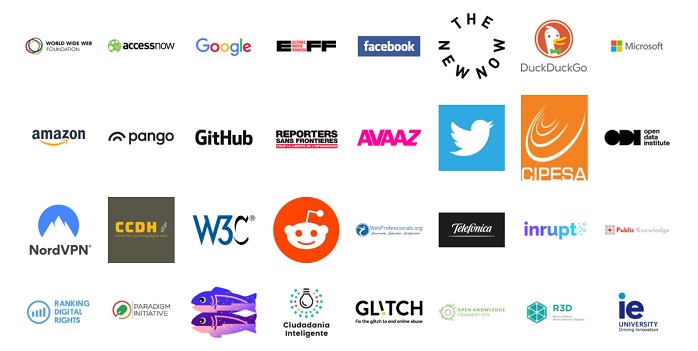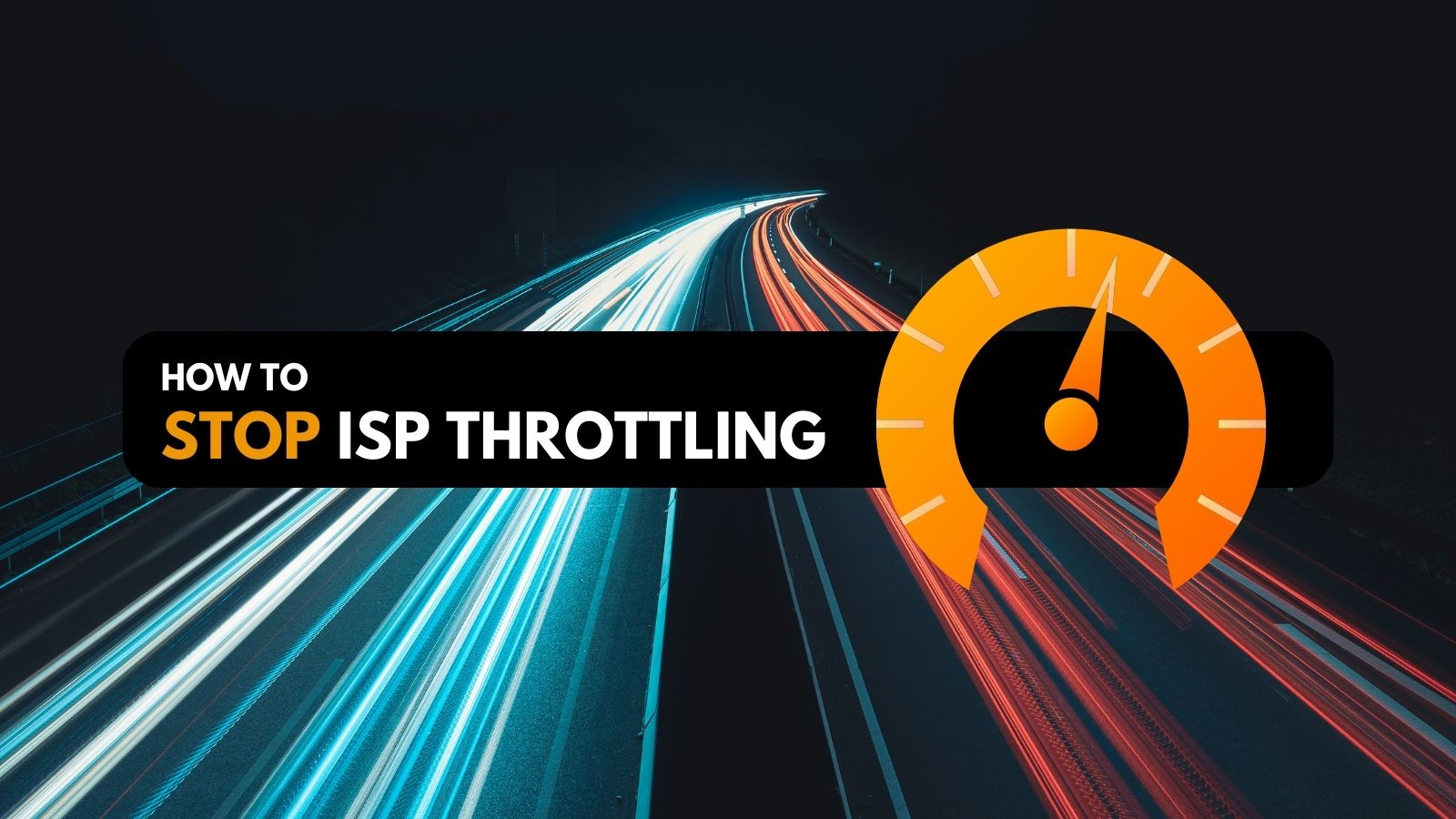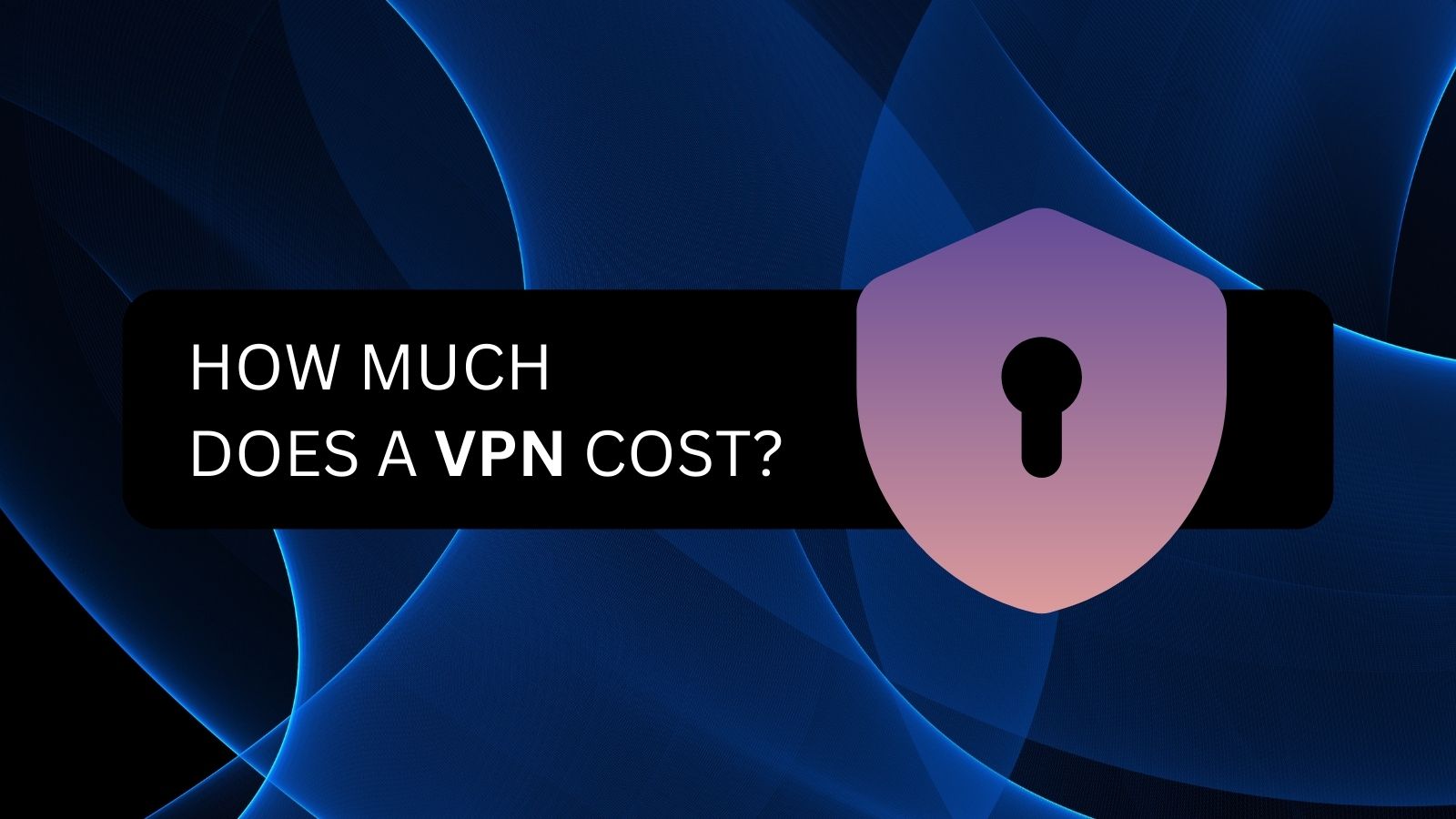
What Is the Contract for the Web?
Even though for many of us it may feel like the internet has always been around, the technology is relatively immature. The internet may have had its start not long after the second world war, but the web really only took off in the mid-'90s. Social media isn't even old enough to drink, with MySpace being founded in August of 2003. In other words, we don't really quite know what the right way is to run the internet, the web, and all the new innovative services that make use of these technologies - which is where the Contract for the Web comes into play.
There have been some harsh lessons learned over the last few years. Social media has caused privacy problems, and people have lost their jobs or worse because of cyberbullies or poor judgment. Even major political events, such as the US election, may have been influenced in some way by unregulated web technologies. The Contract for the Web has been designed to make the web a safer place for everyone while being an open place to share information and collaborate - and this is especially important because it has the backing of Tim Berners-Lee himself.
Who Is Tim Berners-Lee?
The short version of the answer to this question is that Berners-Lee is the inventor of the web. The foundational web technology he developed was released openly, for anyone to use without the payment of royalties and no patents. You can read his detailed biography here, but the most important thing to know is that without his work, the web may never have existed as we know it today.
Why Do We Need This Contract for the Web?
The web hasn't quite turned out as people like Berner-Lee might have hoped. As the official site puts it:
The Web was designed to bring people together and make knowledge freely available. It has changed the world for good and improved the lives of billions. Yet, many people are still unable to access its benefits, and for others, the Web comes with too many unacceptable costs.
The contract is an actionable plan, put together in collaboration with a huge team of thinkers and influential internet companies.
The EFF, DuckDuckGo, NordVPN, Microsoft, Google, Facebook, and many, many more organizations are behind the contract. While the contract is quite detailed, it boils down to nine core principles that together offer a framework for a better web for all.
The Principles of the Contract
There are nine core principles of the contract in total. They are then further divided into sets of three, each applying to a different class of web stakeholders. The three actors are governments, companies, and citizens.
Principles for Governments
Governments have a major role to play in making the web a better place. We've certainly seen some governments abuse it for their own ends, or cut off the line when civil unrest starts. The contract of the web suggests three principles that governments who endorse it should commit to.
The first principle is that everyone can connect to the internet. In other words, governments must enshrine internet access as a right for all citizens that should not be taken away.
The second principle for governments is that all the internet should always be available. So situations such as the "great firewall of China" should not exist. Under this principle, the use of VPNs to access restricted information wouldn't be necessary. It's a basic principle against internet censorship, even when that content is critical of the government in question.
The third principle is a fundamental respect for people's online privacy and data rights. That is, assuming that the government in question has such rights in place. It would seem logical that governments that endorse the contract should pass laws that align with these principles.
Principles for Companies
There are many types of companies involved with the internet - from infrastructure to network hardware, to internet service provision and web content hosts. The contract proposes three principles they should adhere to as well.
The first principle for companies is that they should make the internet affordable and accessible to everyone. This means no price collusion and the creation of internet services and products that can also serve low-income segments of the population.
The second principle is that companies should respect and protect people's privacy and personal data, with the aim of building online trust.
The third principle for companies is that they should develop technologies that support the best in humanity and challenges the worst. This would, for example, preclude developing apps and services that are exploitative or susceptible to abuse.
Principles for Us as Citizens
The final three principles are for us, the users of the web. These guidelines are meant to help make the web a better place for users and to avoid toxic behaviors.
The first principle is that users should be creators and collaborators on the web. Make stuff and help other people make stuff, basically.
The second principle for users is that we should build strong communities and respect civil discourse and human dignity.
Finally, users should fight for the web. Which is to say, we should not passively stand by as governments and companies change the web to suit their own agendas.
Will the Contract Work?
There are a lot of big hitters behind this idea, but it's only as good as the political will behind it. It's very unlikely that world powers, such as the current Chinese government, will embrace the contract. However, if the majority of countries, companies, and individuals decide to live by the principles of the contract, then change will inevitably happen. What's your opinion on the contract for the web? Is it the future of the internet or just an optimistic pipe dream?

















